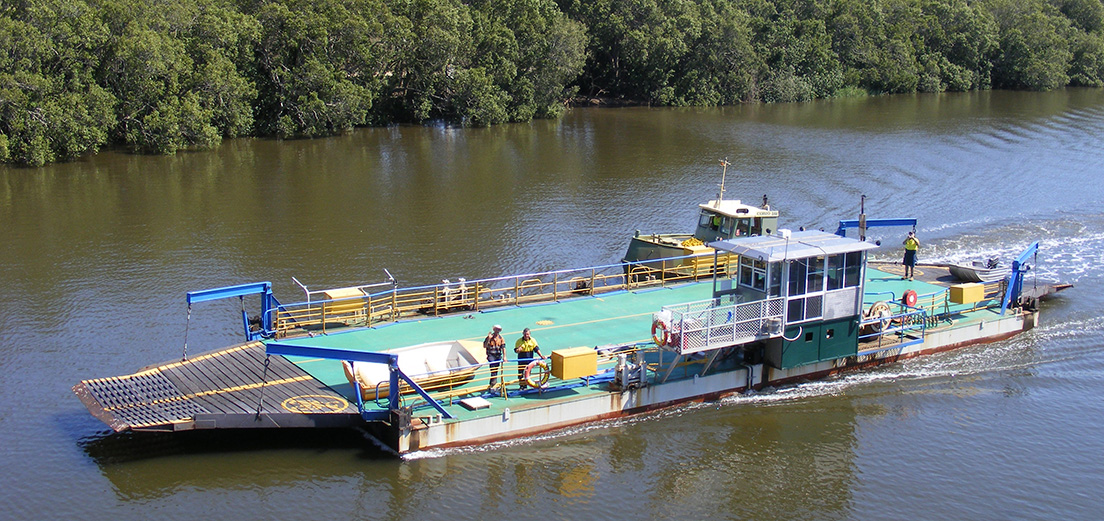‘Key knowledge gaps to achieve global sustainability goals’ was published in the Nature Sustainability journal this week, developed by an international team including University of Southern Queensland (USQ) ecologist Dr Uttam Babu Shrestha.
“While governments around the world have set clear goals, biodiversity loss continues,” Dr Shrestha said.
“Our study has identified questions that must be answered in order to address root causes of this problem, including the need for more relevant, solutions-focused research.”
Dr Shrestha said greater understanding was required on the effectiveness of governance, institutions, and connections between social and ecological systems.
“Our analysis also shows limited understanding of the role of indigenous and local knowledge in sustaining ecosystems and biodiversity,” he said.
“This is an opportunity to access local expertise in change and governance by reaching out to the decision makers on the ground.”
Dr Shrestha is part of the Intergovernmental Science-Policy Platform on Biodiversity and Ecosystem Services (IPBES) which is headquartered at the United Nations campus, Bonn, Germany.
It provides policymakers worldwide with scientific assessments regarding the planet’s biodiversity, ecosystems and the benefits they provide to people.
“IPBES assessment reports are an important critical tool inform policymakers and set scientific research agendas in the field of biodiversity and ecosystem services,” Dr Shrestha said.
“This new study compared the information gaps identified in seven IPBES reports to key international sustainability goals such as Sustainable Development Goals set out by the United Nations.
“These findings will add to a policy-relevant agenda for global, long-term social-ecological action.
Read the full report at








